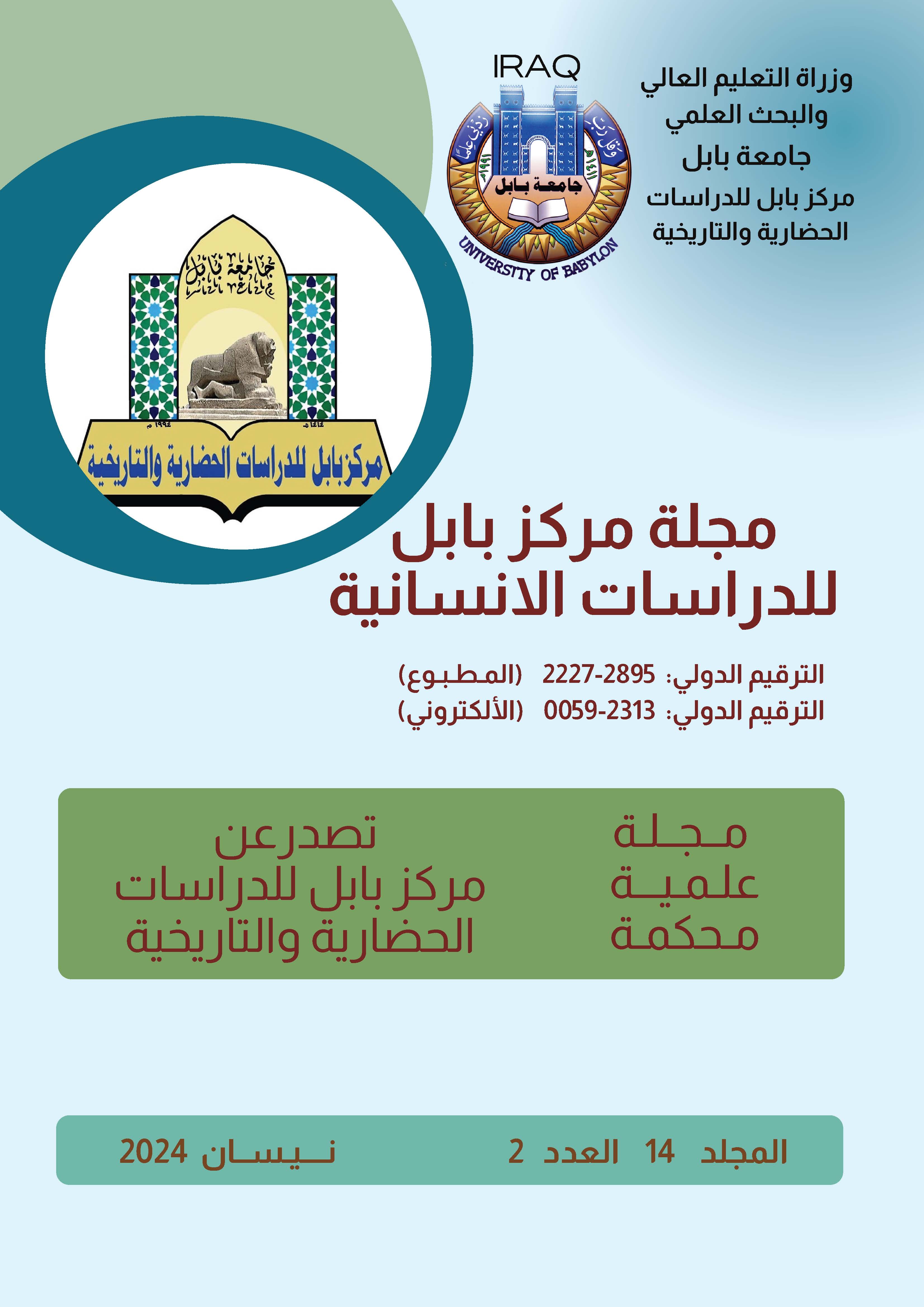Mechanisms for implementing measures for juveniles in correctional institutions
Keywords:
Measures of deprivation of liberty, correctional institutions, juvenile offenders, juvenile judge, Iraqi juvenile welfare lawAbstract
Juvenile crimes are among the crimes facing society, as they affect a very important and sensitive age group, which requires penal treatment for the delinquent juvenile, which consists in reforming, correcting, and integrating him into society in a sound manner, regardless of the gravity of his crime, through his rehabilitation and taking the necessary remedial measures in the correctional institution. Which are considered criminal procedures applied to the juvenile, and given the importance of this category, there must be a need for care and attention that makes them feel reassured, especially during the investigation and court phase, and the primary goal should be Finding out the reasons and factors that led him to commit the criminal act and assisting them for the purpose of getting rid of the influences that caused him to commit a crime. The law also obliges the judge to supervise the work of private correctional institutions and to visit periodically, which should be a visit at least a month, and its importance in the context of rehabilitating the juvenile and informing him of The implementation and commitment of the departments affiliated with the correctional institution to carry out their work in accordance with legal and humanitarian standards As for the role of the juvenile judge in Egypt, the process of supervising and monitoring the rulings and decisions issued against the juvenile is carried out by the president of the children’s court or whomever he delegates from the court judges, using several means to deter him for the purpose of preventing him from returning to committing the criminal act.







